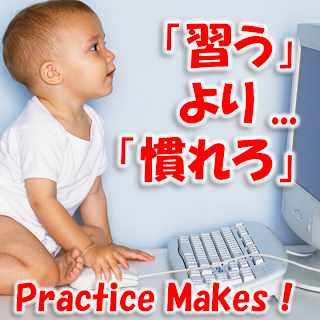For example;
(1) A method of 'Web form' for answering
Speaking in Business Process definition of Questetra, it is the [Form Start Event] to place on the top of the flow. A 'Web form for answering' will be created automatically. Each time answers are entered, a Workflow will be Started. (Not restricted to in-house users)
=> Tour 220: [Auto Start] Auto Starting Triggered by Published Web Form Entry
Or;
(2) A method that a Task of 'Answer Questionnaire' to be assigned periodically.
To place [Timer Start Event] of Questetra on the top of the Flow. A task will appear on the list of [My Tasks] of people concerned, at configured time such as 'once a month' or '4 times a year, certain date and time'.
=> Tour 217: [Auto Start] Auto Starting at the Time You Fix
In either of these methods, a variety of working steps such as "Confirmation to respondents for a description that can be interpreted in different meanings" or "sending a thank for answering" can be designed in the downstream process. However, it means to create a Business Process definition (Process Model) each time giving a questionnaire in both of the methods. These methods would be good for questionnaires which is importance or be given repeatedly.
Can't I put various questionnaires on the flow, more easily and freely?
To check the level of understanding, to aggregate the opinion, to vote for candidates of get-together venue, for example... What kind of Process diagram could be a Questionnaire Workflow which can be used for general purposes? (Even though, it will be good enough that creating another Business process definition by duplicating a [Process Model] and editing on the necessary points.)
[General Purpose Questionnaire / Review]
[General Purpose Questionnaire / Review:'1. Setting Questions and Answer Choices' screen]
In the first place, 'a Business operation' is a series of working steps. Along these working steps, day-to-day issues are flowed repeatedly.
It may be confusing, but counting of "flowing Issues" will be varied by "how you think about the Operation". In this particular questionnaire case, depending on the assumption which is at the level of 'A. Each every answer' or at the level of 'B. Each every time of the questionnaire given', the definition of the business will differ greatly, and its number will be also different.
This Business Process definition, is something like generic and repeatedly usable, and allows that given the questionnaire in its upstream and be answered by the workers in the downstream. That is, the iterating cycle is assumed at the level of 'B. Giving of the questionnaire'.
A variety of questionnaires to be given, such as 'asking evaluation on the workmanship of the new poster' or 'asking improvement of the draft proposal', are set in the upstream and it will be answered at the downstream. Although, the degree of freedom such as number of questions you like to set, is reduced because the format of data set (data items) in the Business Process is basically the same.
It can be said, though in strange way but, it's not a bad sample to recognize about the level of abstraction (unit of repetition) of operations.
Reference) What is This Thing Called 'Business Process'?
P.S.
It might be confusing but, Questetra has an expansion to define a Working Step on which unspecified number of users can work. (We call it 'a Team Task'.)
It is not in the world standard notation of BPMN, but Dr. Soley, the CEO of Object Management Group, mentioned that 'It's a very interesting extension, very Japanese!'. (It might become a part of the world standard in the future.)
[List of Process Data Item]
[Download]
- Business Template: General_Purpose_Questionnaire-Review
- How do You Correspond to Grievance Complaint from Outside the Company? (Response Operation flow) (2014-02-17)
- Response to Brochure Request, Fully Automated? (2014-03-31)
- Sending Certificate of Participation for Event in PDF (Workflow Automation) (2014-03-17)












